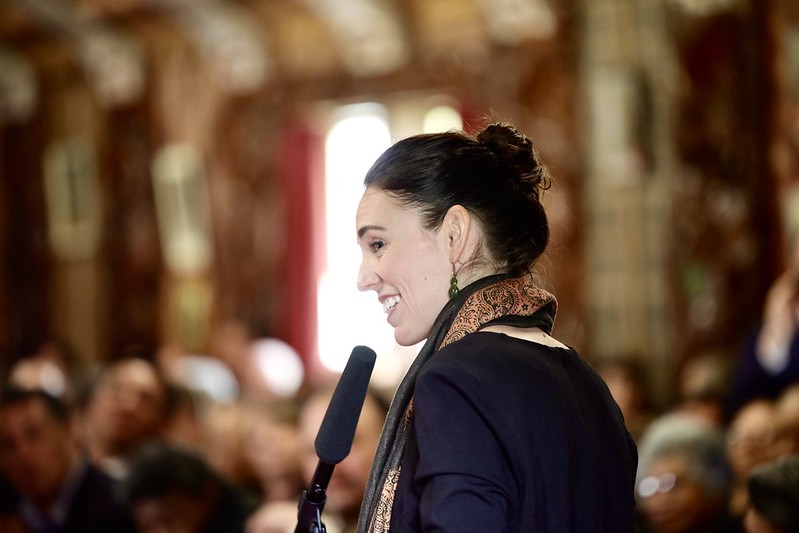On January 19, 2023, Jacinda Ardern, the 40th prime minister of New Zealand, announced her resignation. As prime minister, she led New Zealand through incredibly difficult times as they faced the Christchurch terrorist attacks, the White Island volcanic eruption, and the Covid-19 pandemic. She was also only the second elected world leader to give birth while in office, with the first to do so being Benazir Bhutto, Pakistan’s then prime minister, in 1990. There is a 33-year gap in time between Bhutto and Ardern’s experiences, but have the conditions really changed for women in politics?
The differences between Ardern and Bhutto’s experiences giving birth while in office were stark. Bhutto was worried that her political rivals would take the chance to oust her due to a lack of trust in her ability to manage both a country and a child, so she gave birth in secret and went back to work the next day. In contrast, Ardern was able to take 6 weeks of maternity leave before returning to the hectic world of politics. However, despite proving her ability to raise a child and manage all the difficult times mentioned above, when breaking the news of her resignation, it was clear that some news sources were still doubtful of Ardern’s political aptness.
BBC News’ article focussed on Ardern’s personal – rather than professional – justifications for resignation. The title of their article, “Jacinda Ardern resigns: Can women really have it all?”, seems to be a mirror of the opinions of Bhutto’s political rivals in 1990. It was promptly changed due to large amounts of backlash on social media, but the headline made it clear that many continue to doubt whether multitasking is something that women can handle.
For reasons beyond their political abilities, the election of women to executive government positions remains a rare occurrence on the world stage. As of 2023, there are only 28 countries where 30 women are heads of state or government. Jacinda Ardern used to be one of them, becoming the youngest female head of government in the world when she was elected in 2017 at age 37. She rose to the challenge and quickly became recognized as an effective and successful leader in addition to one that led with empathy and kindness. Despite her positive reputation, the controversial BBC News article suggested that caring for a newborn child is incompatible with leading a country. While it is true that caring for a child adds more to one’s plate, what example does this negative lens on multitasking set for future female leaders? If women wish to have children, are they expected to wait or to not even run for office at all?
During her resignation speech, Ardern mentioned that she was “not leaving because it was hard” but rather because “with such a privileged role, comes…The responsibility to know when you are the right person to lead, and also, when you are not.” Despite this clarification, BBC News can be interpreted to depict Ardern’s resignation as a moment of weakness rather than a noble choice.
While we will never know if BBC News would have taken this angle had the primary subject of the article been a man, it does shed light on the slow rate of progress the world seems to be making regarding the election of women to executive government positions and how they are perceived before and after they get there.
Photo: Prime Minister Jacinda Ardern, Te Putaki o Te Riri. New Zealand Land Wars (2019) by Nevada Halbert via Flickr. Licensed under CC BY-NC-ND 2.0.
Disclaimer: Any views or opinions expressed in articles are solely those of the authors and do not necessarily represent the views of the NATO Association of Canada.



